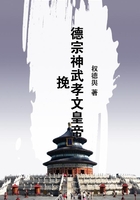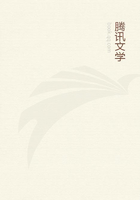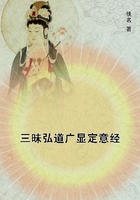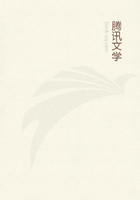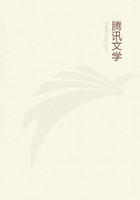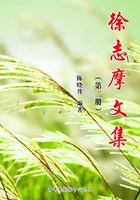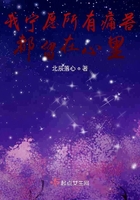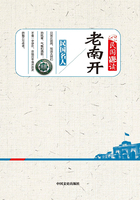Practical wisdom is not the faculty, but it does not exist without this faculty. And this eye of the soul acquires its formed state not without the aid of virtue, as has been said and is plain; for the syllogisms which deal with acts to be done are things which involve a starting-point, viz. 'since the end, i.e. what is best, is of such and such a nature', whatever it may be (let it for the sake of argument be what we please); and this is not evident except to the good man; for wickedness perverts us and causes us to be deceived about the starting-points of action. Therefore it is evident that it is impossible to be practically wise without being good.
13
We must therefore consider virtue also once more; for virtue too is similarly related; as practical wisdom is to cleverness-not the same, but like it-so is natural virtue to virtue in the strict sense. For all men think that each type of character belongs to its possessors in some sense by nature; for from the very moment of birth we are just or fitted for selfcontrol or brave or have the other moral qualities; but yet we seek something else as that which is good in the strict sense-we seek for the presence of such qualities in another way. For both children and brutes have the natural dispositions to these qualities, but without reason these are evidently hurtful. Only we seem to see this much, that, while one may be led astray by them, as a strong body which moves without sight may stumble badly because of its lack of sight, still, if a man once acquires reason, that makes a difference in action; and his state, while still like what it was, will then be virtue in the strict sense. Therefore, as in the part of us which forms opinions there are two types, cleverness and practical wisdom, so too in the moral part there are two types, natural virtue and virtue in the strict sense, and of these the latter involves practical wisdom. This is why some say that all the virtues are forms of practical wisdom, and why Socrates in one respect was on the right track while in another he went astray; in thinking that all the virtues were forms of practical wisdom he was wrong, but in saying they implied practical wisdom he was right. This is confirmed by the fact that even now all men, when they define virtue, after naming the state of character and its objects add 'that (state) which is in accordance with the right rule'; now the right rule is that which is in accordance with practical wisdom. All men, then, seem somehow to divine that this kind of state is virtue, viz. that which is in accordance with practical wisdom. But we must go a little further. For it is not merely the state in accordance with the right rule, but the state that implies the presence of the right rule, that is virtue; and practical wisdom is a right rule about such matters. Socrates, then, thought the virtues were rules or rational principles (for he thought they were, all of them, forms of scientific knowledge), while we think they involve a rational principle.
It is clear, then, from what has been said, that it is not possible to be good in the strict sense without practical wisdom, nor practically wise without moral virtue. But in this way we may also refute the dialectical argument whereby it might be contended that the virtues exist in separation from each other; the same man, it might be said, is not best equipped by nature for all the virtues, so that he will have already acquired one when he has not yet acquired another.
This is possible in respect of the natural virtues, but not in respect of those in respect of which a man is called without qualification good; for with the presence of the one quality, practical wisdom, will be given all the virtues. And it is plain that, even if it were of no practical value, we should have needed it because it is the virtue of the part of us in question; plain too that the choice will not be right without practical wisdom any more than without virtue;for the one deter, mines the end and the other makes us do the things that lead to the end.
But again it is not supreme over philosophic wisdom, i.e. over the superior part of us, any more than the art of medicine is over health;for it does not use it but provides for its coming into being; it issues orders, then, for its sake, but not to it. Further, to maintain its supremacy would be like saying that the art of politics rules the gods because it issues orders about all the affairs of the state.

